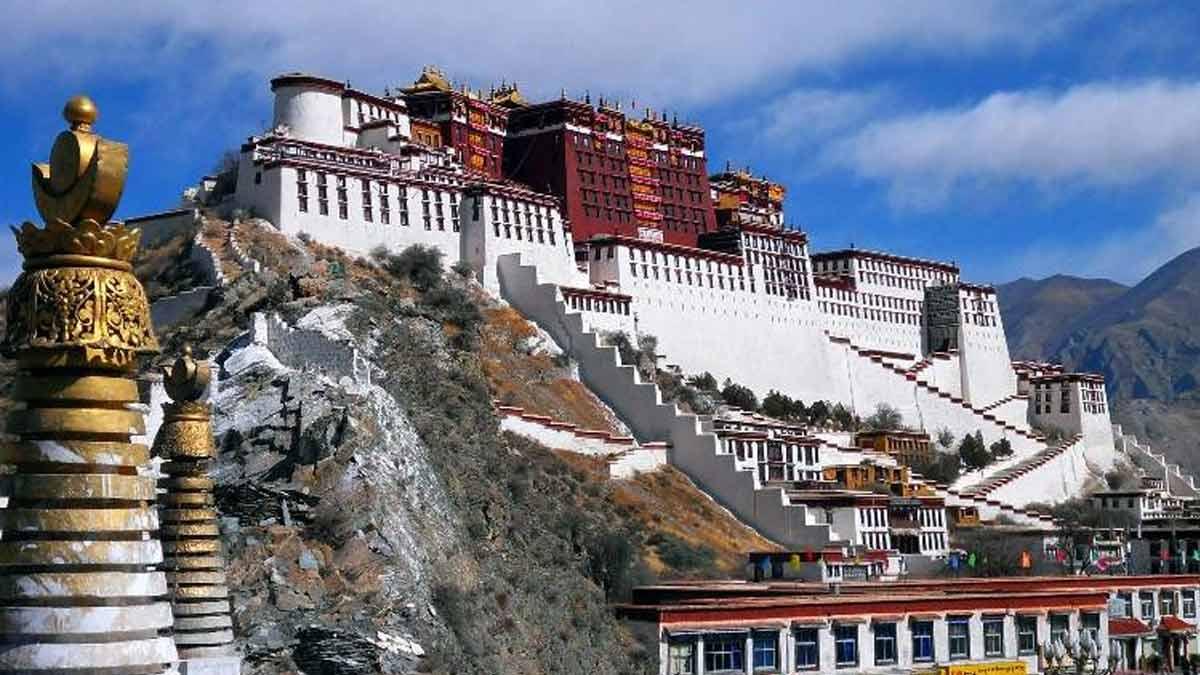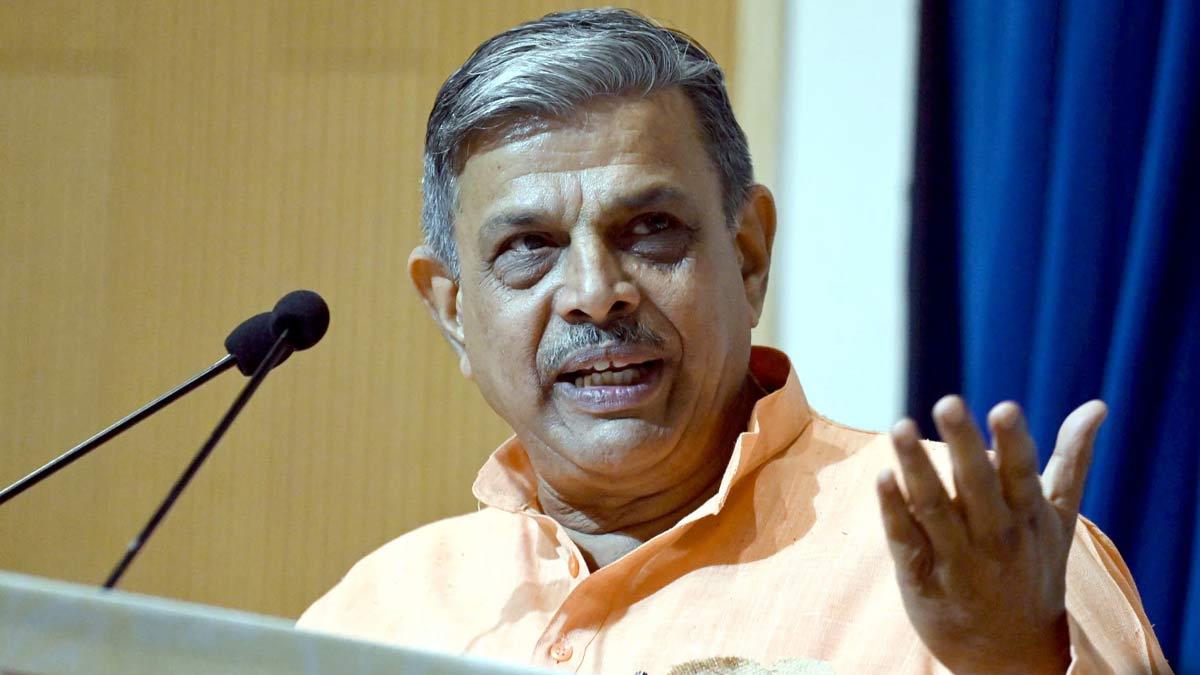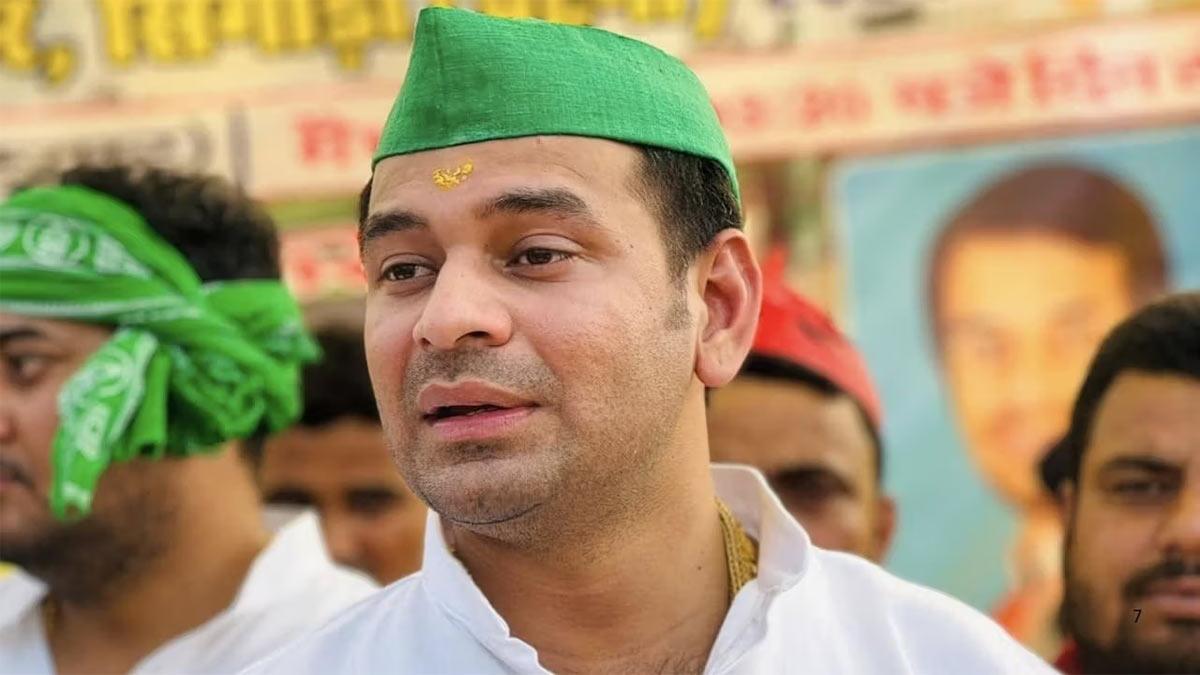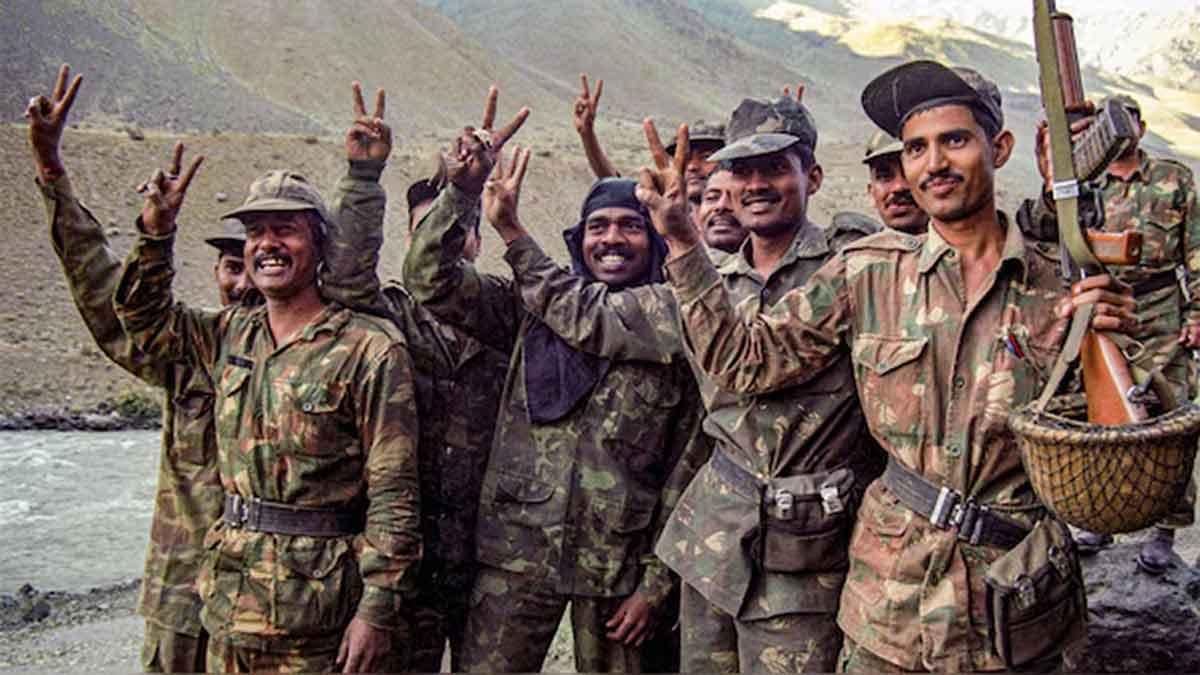On Tuesday, the democratically elected Central Tibetan Administration reiterated it "remains committed to finding a peaceful resolution to the Sino-Tibet conflict through the middle-way approach, which seeks genuine autonomy for all those living in the traditional Tibetan areas".
In a statement to mark the 35th anniversary of the conferment of the Nobel Peace Prize to His Holiness the Dalai Lama, the CTA said autonomy means to handle all own religious, cultural, linguistic, education, health, and environmental affairs, as guaranteed by the Chinese constitution and under the law on Regional National Autonomy.
"Unfortunately, the Chinese government continues to bulldoze the Tibetan people's legitimate aspirations and continues to destroy our unique identity," it said.
As a precursor to the global Year of Compassion next year, marking the 90th birthday of the Dalai Lama, July 6, 2025, to July 6, 2026, the Kashag said today that as we celebrate both the conferment of Nobel Peace Prize to His Holiness the Dalai Lama and the International Human Rights Day, it is the appropriate that we speak on His Holiness's tireless efforts against all odds in preserving the Tibetan language, and also promotion of the rich ancient Buddhist wisdom and its cultural values.
"And also, His Holiness's role as a whistleblower for the protection of global ecology and environment."
The Norwegian Nobel Committee in its citation emphasized that His Holiness the Dalai Lama, the spiritual and temporal leader of the Tibetan people, in his struggle for the liberation of Tibet consistently has opposed the use of violence. He has instead advocated peaceful solutions based upon tolerance and mutual respect in order to preserve the historical and cultural heritage of his people… In the opinion of the committee, the Dalai Lama has come forward with constructive and forward-looking proposals for the solution of international conflicts, human rights issues, and global environmental problems."
While the world at large admires the Dalai Lama for all his selfless efforts, unfortunately, the central government in Beijing continues its anti-Dalai Lama campaigns and ignores the true aspirations of the people of Tibet under its illegal occupation, it said.
In conclusion, we pray for the perpetual preservation of the Tibetan language and culture, which are the soul of our spiritual heritage. May the pristine natural environment of Tibet be protected. May peace prevail on earth," the CTA added.
Despite being just two percent of the total population of Tibet, the Tibetan population in exile has produced great achievements in religion, culture, and Tibetan language, because the host countries in which they dwell are free democracies.
According to the CTA, over 98 per cent of Tibetans who are in Tibet are being subjected to the relentless and full-scale assault on their religion, language, and culture. With round-the-clock surveillance and severe restrictions on the movement of Tibetans, Tibet is today under "virtual martial law.".
In 1959, occupying Chinese troops suppressed the Tibetan national uprising in Lhasa and forced the Dalai Lama and over 80,000 Tibetans into exile in India and neighboring countries.
After a three-week-long precarious journey to India, Dalai Lama first took residence for nearly a year in Mussoorie, Uttarakhand.
On March 10, 1960, just a few days before moving to Dharamsala, that also happens to be the headquarters of the exiled Tibetan establishment, the Dalai Lama said: "For us in exile, I have said that our first step must be resettlement and continuing our cultural traditions. In the long run, the Tibetans would succeed to regain freedom for Tibet."
Read also| SC Questions Duration of Freebies, Urges Focus on Creating Job Opportunities
Read also| Varanasi Students Protest for Removal of Mosque from College Campus


















